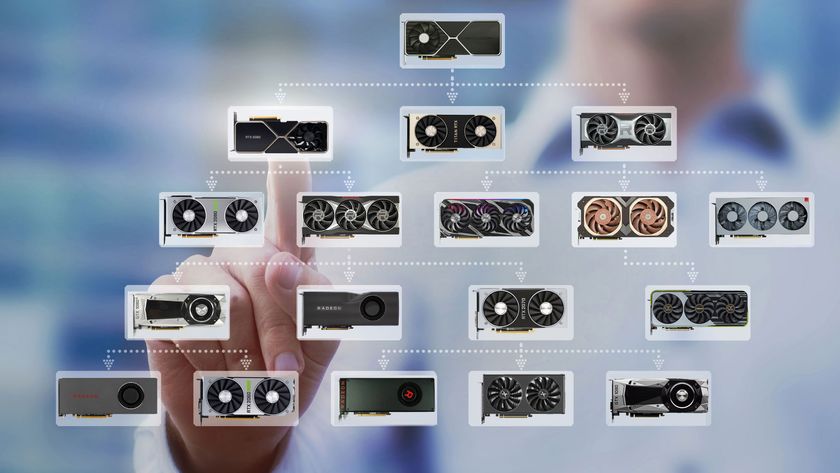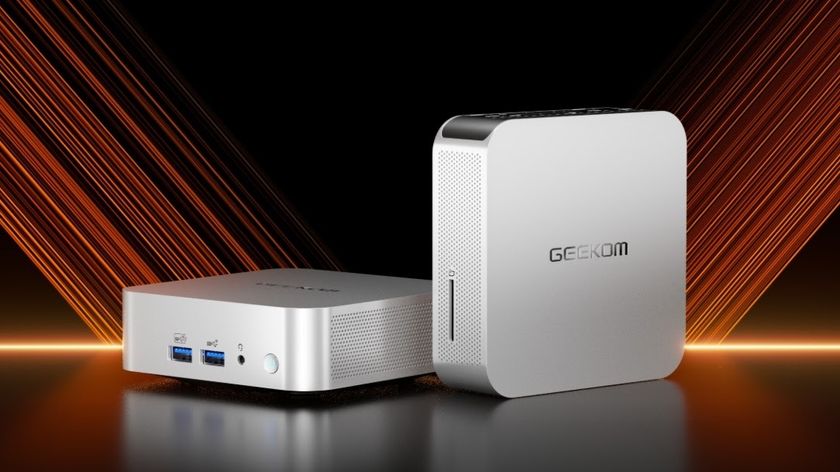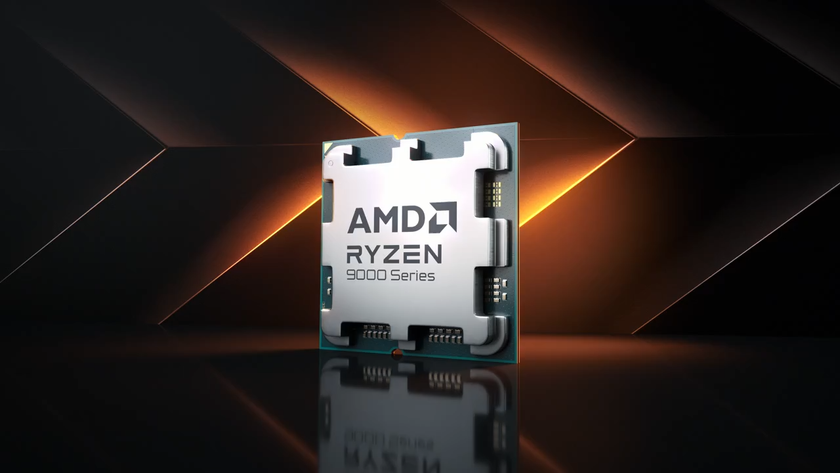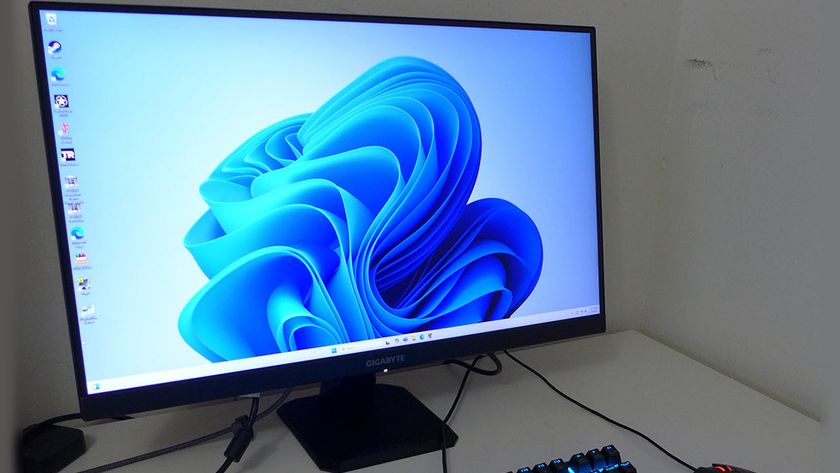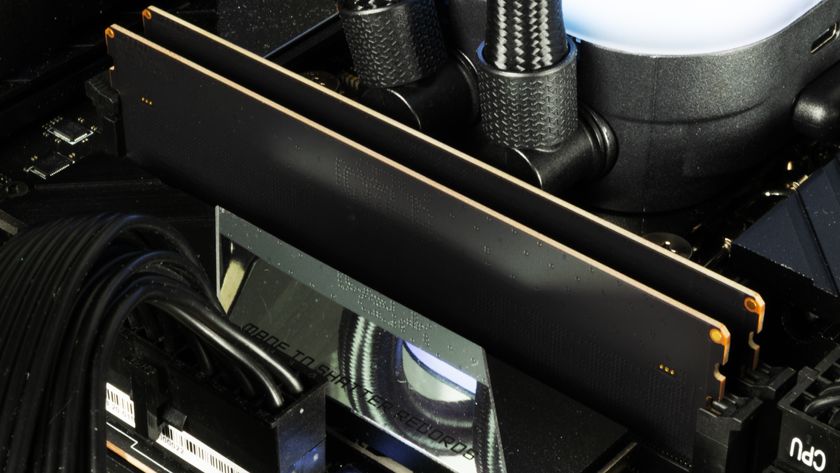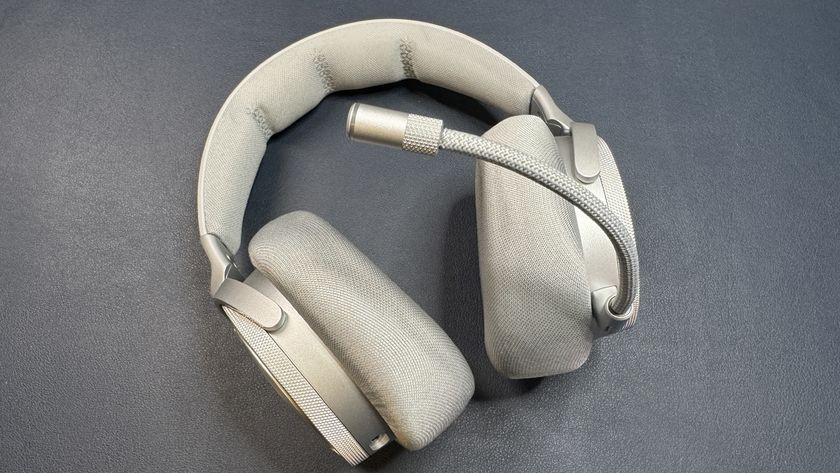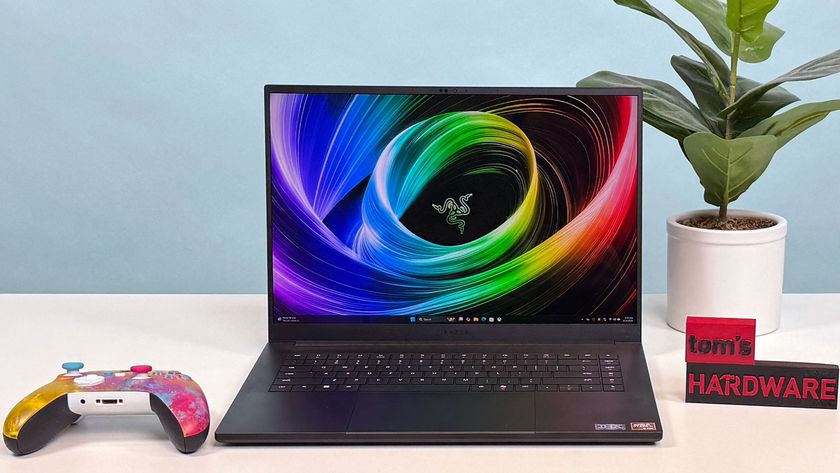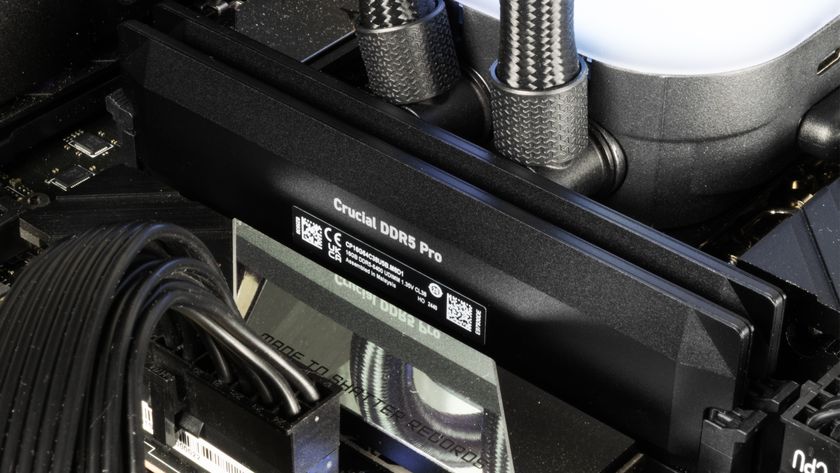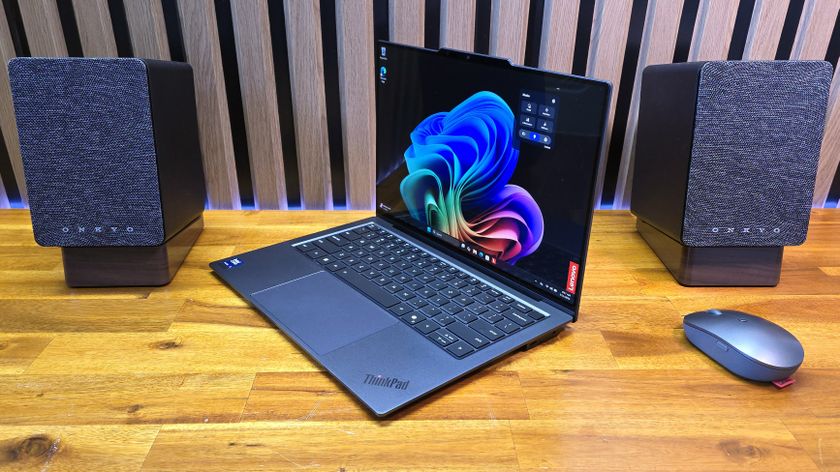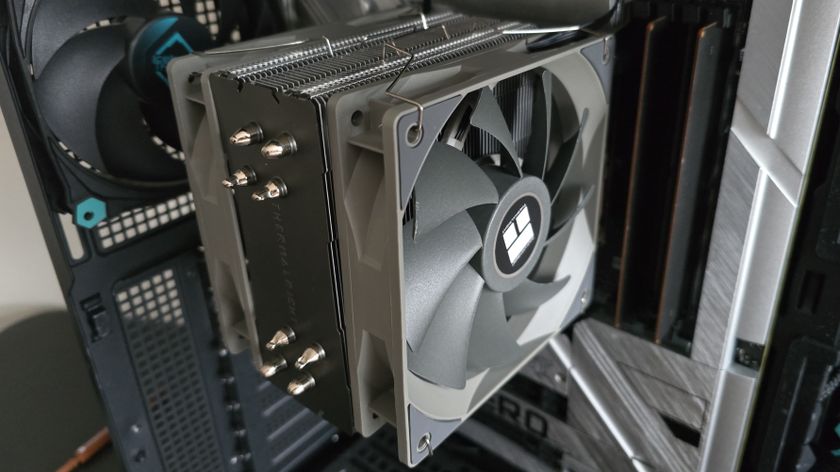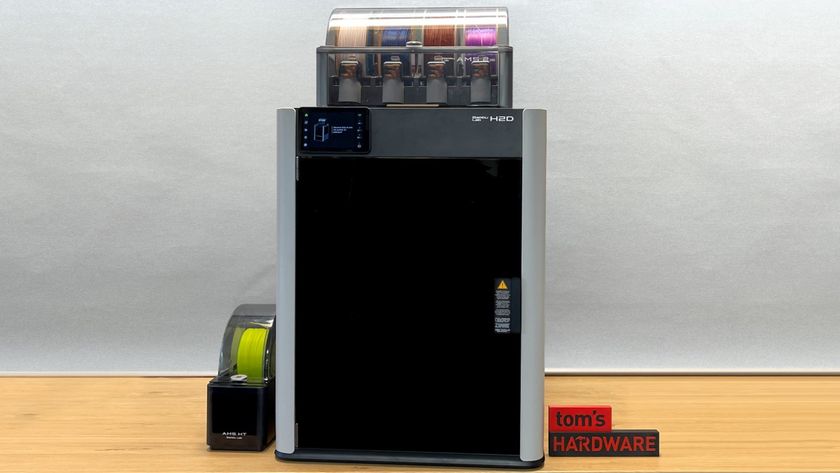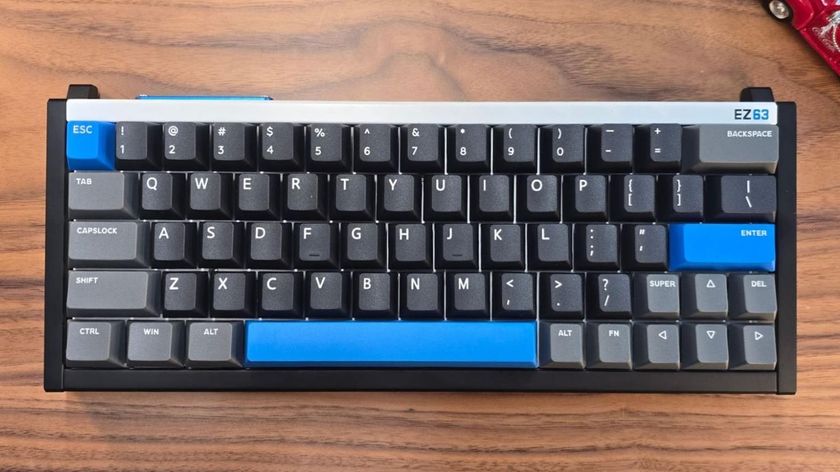Early Verdict
If OCZ Storage Solutions pushes the price down to sub Reactor levels and truly targets the entry level user we would get behind it. The performance is low in all workloads but still higher than what hard drives offer. The price is the real key here. OCZ may have introduced TLC too soon with so many low cost MLC options still shipping.
Pros
- +
Endurance • Notebook battery life • Performance compared to HDDs
Cons
- -
Price • SLC density in relation to the overall capacity • Performance
Why you can trust Tom's Hardware
Introduction
OCZ Storage Solutions first teased a triple-level-cell client SSD at CES 2012 as part of its Everest platform. If it had been released, the drive would have been the first TLC SSD to hit the channel. OCZ wasn't shy about the need for such a product. Even back in 2012, the company claimed it'd see a 30% price reduction compared to MLC flash, while still delivering up to 500 MB/s of sequential throughput and up to 30,000 random 4KB IOPS.
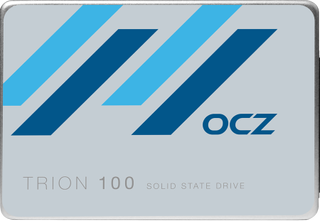
The long delay in bringing a TLC-based product to market wasn't an OCZ issue. Outside of Samsung, triple-level-cell flash wasn't ready for the SSD space. Both Flash Forward (Toshiba/SanDisk) and IMFT (Intel/Micron) have been manufacturing the stuff for years now, but most of it ended up in devices with low endurance like thumb drives and SD cards.
The flash-to-controller relationship also played a role in bringing TLC to market. In order to make the memory technology viable, companies needed a processor with powerful ECC capabilities. Adding an extra level of sophistication increases the controller's cost, and companies don't want to build expensive parts without the flash ready to drop into retail products.
But now we're at a point where the necessary processors and TLC flash are ready. Some analysts claim that TLC will account for 50% of all flash shipped in 2015. That number represents both OEM and channel products, so retail shoppers still have some time left before MLC becomes a premium-only offering.
OCZ Storage Solutions is one of the first vendors with a new drive based on TLC, beaten there only by Samsung and SanDisk. Of course, Samsung first broke through with the original 840 in 2012 and is on its third-gen TLC-based SSD in the 850 EVO. SanDisk, Toshiba's partner in Flash Forward, introduced TLC to the channel in late 2014.
To usher in this new era, OCZ minted the Trion 100 product name. It's the company's sixth product for the client and workstation markets, and it slides into an entry-level position. Above the Trion 100 is the ARC 100, Vertex 460A, Radeon R7, Vector 180 and the RevoDrive 350.
-
jedik1 "Juliet in the eyes of Romeo"....lol....you guys really need to find better pickup lines.Reply
IMO. SSD market is overcrowded at the moment. I think better emphasis should not be in performance as more or less all of them perform pretty good. I think more emphasis should be on cost reduction alone. Only when SSDs will be like 1TB~$80-$100 then only we can see wider adoption of SSDs. -
JPNpower This drive is perfect and the ideal answer to those low budget builds that frequent the Toms forums. Yes, you can afford an SSD, Yes you can keep that 2/3 year old cheap computer and make it faster... no excuses now.Reply -
"most of it ended up in devices with low endurance like thumb drives and SD cards"Reply
Can you please elaborate? I was under the impression that thumb drives and SD cards mostly used MLC or eMLC NAND?
I don't like these 19 and 16 nm chips. You need over-provision and complex ECC algorithms just to correct all the errors the drive outputs after a year or so. The industry is going in the wrong direction, IMO. Samsung has 40 nm 3D NAND, but it would be even better to have that at 65 nm. I don't mind paying 2-3x the price if the endurance is an order of magnitude better.
Even with RAM, do we really need more capacity over having ECC? Solar flares happen all the time. Data keeps growing and becoming more valuable, this is a real issue. Most people don't even checksum their data!
I guess if you're playing video games it doesn't matter. But content creators should care. -
JPNpower Reply16226457 said:I'm surprised OCZ still exists
It doesn't really. It's a company that's been butchered, restructured, and relaunched by Toshiba so really it's quite a new company. -
JPNpower Reply16219463 said:"most of it ended up in devices with low endurance like thumb drives and SD cards"
Can you please elaborate? I was under the impression that thumb drives and SD cards mostly used MLC or eMLC NAND?
I don't like these 19 and 16 nm chips. You need over-provision and complex ECC algorithms just to correct all the errors the drive outputs after a year or so. The industry is going in the wrong direction, IMO. Samsung has 40 nm 3D NAND, but it would be even better to have that at 65 nm. I don't mind paying 2-3x the price if the endurance is an order of magnitude better.
Even with RAM, do we really need more capacity over having ECC? Solar flares happen all the time. Data keeps growing and becoming more valuable, this is a real issue. Most people don't even checksum their data!
I guess if you're playing video games it doesn't matter. But content creators should care.
That's what enterprise products are for. They provide better stability and probably endurance as well. OCZ is a massive player in this field so you should check out their enterprise products. The semi-enterprise Vector 180 is pretty popular. -
Phuntasm I really hope this isn't meant to completely replace the Vertex line. Vertex were top of the line performers, while this is just a mediocre blaaah. "It's an SSD." I want to see a Vertex-like headliner, something to compete with the 850 Pro. Either way, where are them PCI-e uber-SSDs?Reply -
JPNpower Reply16269842 said:I really hope this isn't meant to completely replace the Vertex line. Vertex were top of the line performers, while this is just a mediocre blaaah. "It's an SSD." I want to see a Vertex-like headliner, something to compete with the 850 Pro. Either way, where are them PCI-e uber-SSDs?
OCZ is building a wide range (yet poorly named...) SSD line. Vertex has always been and always will be the performers. Vector has always been and always will be the semi-pro with kool features. RevoDrive has always been and will be the traditional uber drives. Now Arc is the balanced mainstream, Trion is truly low end, and Radeon is... something else.
I'm sure Toshiba have something cool M.2 wise up their sleeve. Maybe the Vertex will become M.2 only uber drives, while Radeon takes it's traditional place. Maybe they'll come up with a new name. -
Phuntasm Hey, good explanation! I hadn't thought of all the other lines they have. Interesting thought on M.2Reply

